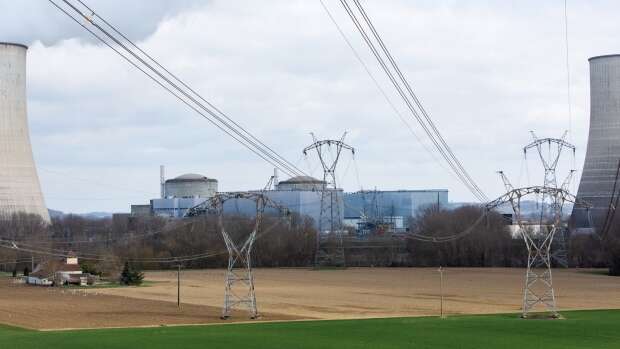European energy prices rose amid fresh concerns about the corrosion in France’s nuclear fleet, against a backdrop of strikes throughout the country and a cold snap elsewhere in the region, according to Bloomberg.
French power for next year jumped as much as 7.9%, the most since late January. Benchmark front-month Dutch natural gas also advanced.
Electricite de France SA must review its program of nuclear-reactor checks after finding a crack at its Penly-1 unit earlier this year, the country’s nuclear authority said. It’s not clear how the review will affect output, which the company expects to recover after multiple outages in 2022.
Separately, strikes over pension reform have upended France’s energy markets, interrupting operations at ports, refineries and power stations. They’ve also had knock-on effects in neighboring countries. The situation, combined with a blast of winter weather in the north, is an indication that Europe’s energy crisis may linger longer than expected this season.
On Wednesday, roughly 11 gigawatts of capacity were pulled off the grid because of strikes at nuclear, hydro and fossil fuel plants, according to Sebastien Menesplier, general secretary of the energy branch of the CGT union.
France’s four LNG terminals are blocked due to the strikes, the union said separately. Disruptions at three of them may continue until the next union’s general assembly scheduled for March 14, according to operator Elengy.
Shipments from TotalEnergies SE’s refineries also remained halted on Wednesday morning because of the strikes, a representative for the French oil major said.
European gas stockpiles remain well above the seasonal level, traders are closely monitoring developments in the weather and LNG flows. Any prolonged disruption to shipments could raise concerns, as inventories can be quickly depleted, making it more difficult to refill during summer.
For now, competition between with North Asia for spot LNG is likely to remain low over the coming months, according to BloombergNEF. That should result in continued high flows of the fuel to Europe, the researcher said in a note Wednesday.


